If you’re like most people, you probably think of indoor plants as a way to spruce up your home. But did you know that indoor plants can actually improve your health?
In this blog post, we’ll share 13 things about indoor plants that you may not have known. From improving your mood to purifying the air, indoor plants are truly amazing. So if you’re curious to know how growing plants can do more than just create a boho vibe, read on!
Indoor plants are great for purifying the air and adding a touch of nature to your home. – NASA
If you’re looking to add a little life to your home, indoor plants are a great way to do it! Not only do they look beautiful, but they can also improve your air quality and help boost your mood.
Here are 13 things about indoor plants that you may not have known:
1. Indoor plants can help purify the air.
2. They can help boost your mood and concentration.
3. Indoor plants can help reduce stress levels.
4. They can improve your sleep quality.
5. Indoor plants can help you recover from illness faster.
6. They can increase your productivity.
7. Indoor plants can reduce noise levels.
8. They can help you save on your energy bill.
9. Indoor plants can act as natural humidifiers.
10. They can improve your memory and cognitive function.
11. Indoor plants can help you breathe easier.
12. They can reduce your risk of certain diseases.
13. Indoor plants can make your home more beautiful.
So what are you waiting for? Get out there and get yourself some indoor plants!
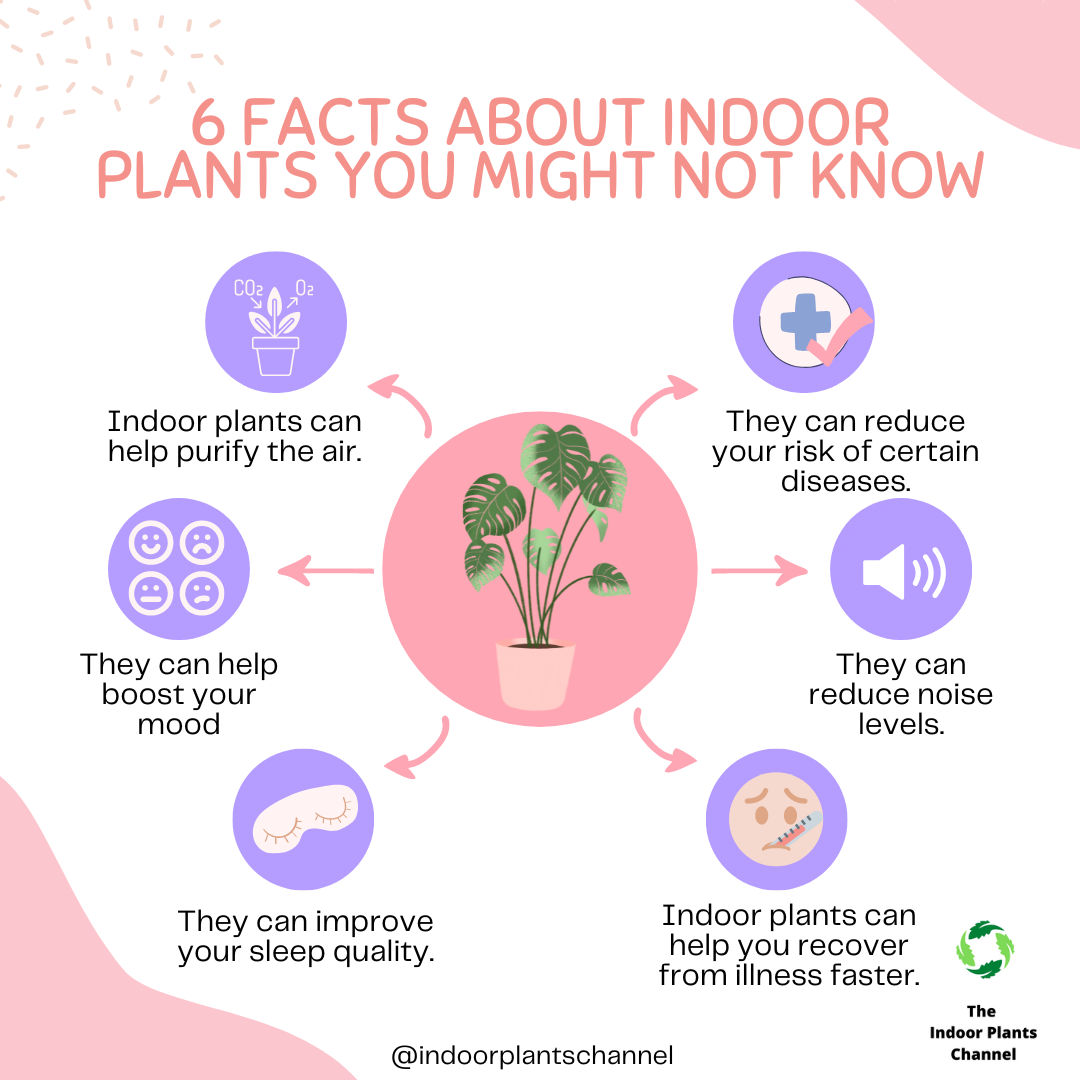
Indoor Plants Can Improve Your Mental Health
Indoor plants can improve your mental health in many ways. They can boost your mood, reduce stress, and help you focus.
Studies have shown that having plants in your home can improve your mental health. One study showed that patients who had plants in their rooms had lower levels of anxiety and stress than those who didn’t have plants.
Another study found that office workers who had plants in their cubicles had lower levels of stress and felt more productive than those who didn’t have plants.
So if you’re looking for a way to improve your mental health, consider getting some plants for your home or office.
Indoor Plants Can Help Purify The Air
Indoor plants can help purify the air by absorbing harmful toxins and chemicals. They also release oxygen and moisture into the air, which can help improve your indoor air quality.
Here are some of the best indoor plants for purifying the air:
1. Aloe vera – absorbs formaldehyde and other VOCs
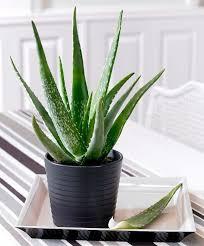
2. Boston fern – filters out formaldehyde
3. Snake plant – absorbs carbon dioxide and produces oxygen at night
4. Golden pothos – absorbs carbon monoxide
5. Spider plant – absorbs carbon dioxide and other VOCs
6. Peace lily – absorbs benzene, formaldehyde, trichloroethylene, and other VOCs
7. Bamboo palm – absorbs benzene, formaldehyde, and other VOCs
8. Chinese evergreen – filters out formaldehyde
9. Heartleaf philodendron – absorbs formaldehyde
10. Warneckii – filters out formaldehyde
Indoor Plants Can Boost Your Mood
It’s no secret that plants can boost your mood. Indoor plants are especially good at this because they can help purify the air and make any space feel more welcoming. But did you know that there are specific plants that are known to be particularly effective at lifting your spirits?
Here are five indoor plants that can help boost your mood:
1. Aloe vera
Aloe vera is a succulent that is easy to care for and is known for its healing properties. It can help to soothe and calm your nerves, making it a great plant to have around when you’re feeling stressed or anxious.
2. Spider plant
Spider plants are another type of plant that is easy to care for and they are known for their ability to cleanse the air. They can also help to boost your mood by promoting a sense of peace and relaxation.
3. Peace lily
Peace lilies are a beautiful type of plant that can help to create a feeling of serenity. They are also known for their ability to filter out harmful toxins from the air, making them a great choice for anyone looking to improve their indoor air quality.
4. Snake plant
Snake plants are a great choice for anyone looking for an easy-to-care-for plant that can also help boost their mood. They are known for their ability to produce oxygen, even at night, which can help you feel more relaxed and refreshed.
5. Bamboo
Bamboo is a versatile plant that can be used in a variety of ways. It is known for its ability to promote a sense of calm and peace, making it a great choice for anyone looking to boost their mood.
Indoor Plants Can Help You Focus
Many people believe that indoor plants can help improve focus and concentration. While there is no scientific evidence to support this claim, there are some potential benefits that make it worth considering.
For one, plants can improve the air quality in your home or office. They do this by absorbing carbon dioxide and releasing oxygen. This can help you feel more alert and improve your cognitive function.
In addition, plants can help you destress and relax. Looking at and caring for plants can help lower your cortisol levels and blood pressure. This can lead to improved focus and concentration.
So if you’re looking for ways to improve your focus, adding some plants to your indoor space may be worth a try.
Indoor Plants Can Reduce Stress
Indoor plants can help to reduce stress in a number of ways. They can improve the air quality in your home, help to regulate temperature and humidity, and provide a natural source of light. Plants also have a calming effect on the nervous system and can help to reduce anxiety and promote relaxation.
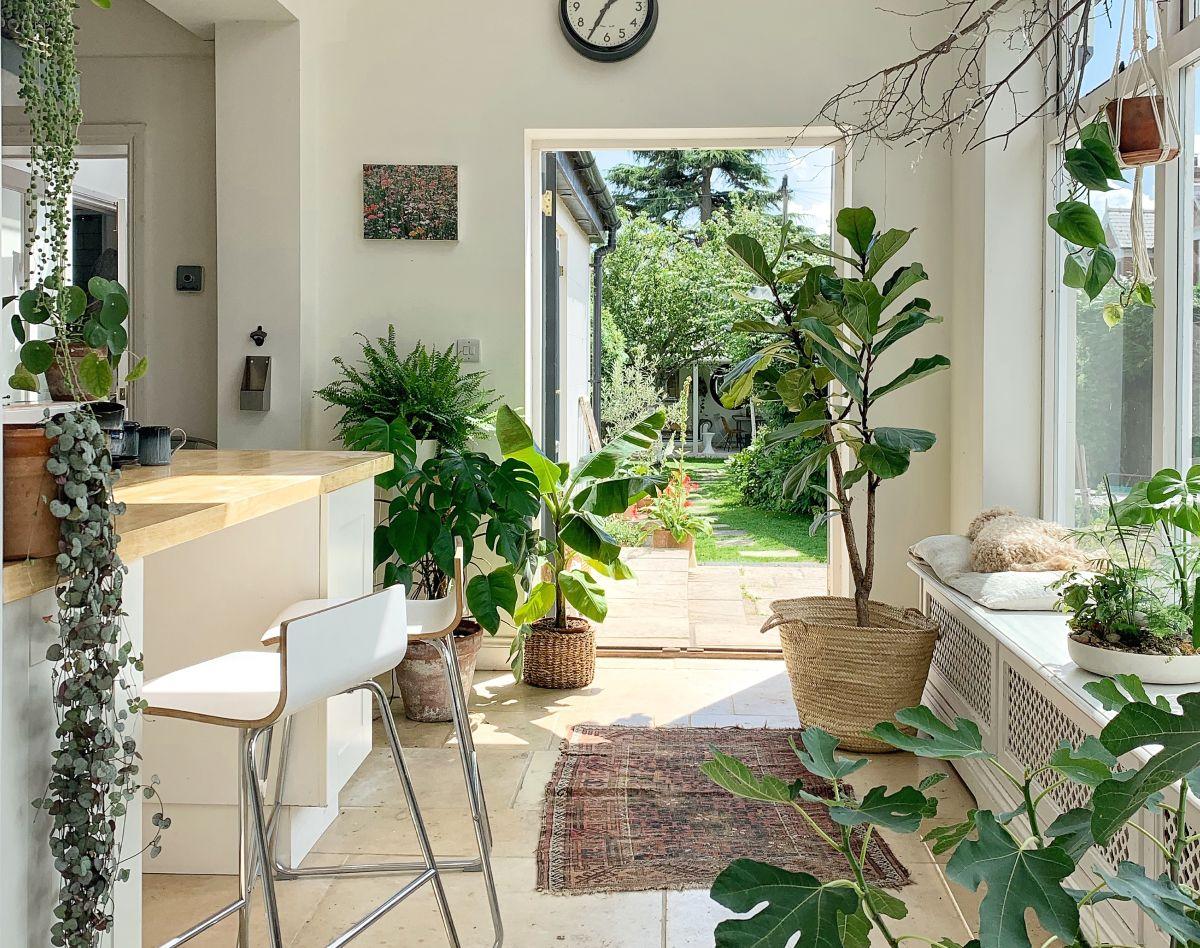
There are a number of studies that have shown the stress-reducing effects of plants. One study found that office workers who had plants in their workspace had lower levels of stress and anxiety than those who did not. Another study found that students who had plants in their classroom had lower levels of stress and anxiety than those who did not.
So if you’re looking for a way to reduce stress, consider adding some plants to your home or office.
Indoor Plants Can Help You Sleep
Indoor plants can help improve your sleep quality in a few ways.
First, they can help you breathe easier. Many indoor plants filter out harmful toxins and pollutants from the air, which can help you sleep more soundly.
Second, plants can help reduce stress and anxiety. The act of caring for a plant can be therapeutic, and the presence of plants in your home can help create a calm and relaxed environment.
Finally, plants can improve the quality of the air in your home. Indoor plants release moisture into the air, which can help to keep the air in your home humid and comfortable.
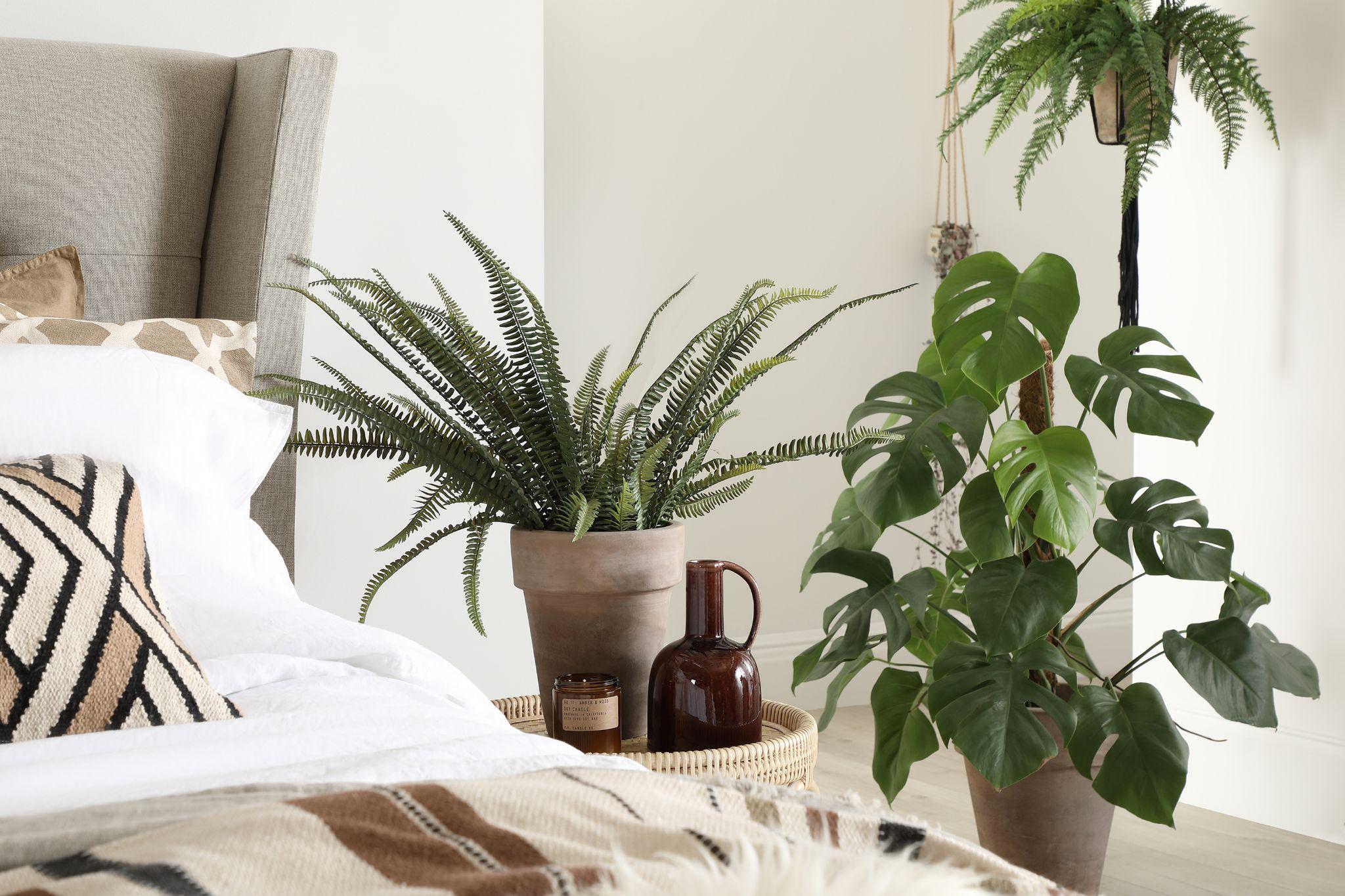
So if you’re looking for ways to improve your sleep, consider adding some indoor plants to your home.
Indoor Plants Can Improve Your Skin
Indoor plants can improve your skin by:
1. Absorbing carbon dioxide and releasing oxygen
2. Helping to purify the air
3. Increasing humidity
4. Reducing stress
5. Providing a natural source of antioxidants
Indoor plants help improve your skin by absorbing carbon dioxide and releasing oxygen. Plants take in carbon dioxide and release oxygen through a process called photosynthesis. This process helps to improve the air quality in your home and can also help to reduce stress levels.
Indoor plants also help to purify the air by trapping pollutants and impurities. These pollutants can come from a variety of sources, including cleaning products, cooking fumes, and cigarette smoke. By trapping these pollutants, plants can help to improve the air quality in your home and reduce the risk of health problems.
Indoor plants can also help to increase humidity levels in your home. This is important because dry air can cause a variety of skin problems, including dryness, itchiness, and irritation. By increasing humidity levels, plants can help to keep your skin healthy and hydrated.
Indoor plants can also help to reduce stress levels. This is important because stress can cause a variety of skin problems, including acne, eczema, and psoriasis. By reducing stress levels, plants can help to improve your skin health.
Indoor plants can also provide a natural source of antioxidants. Antioxidants are important because they help to protect your skin from damage caused by free radicals. Free radicals are harmful molecules that can cause a variety of skin problems, including wrinkles and premature aging. By providing a natural source of antioxidants, plants can help to improve your skin health.
Indoor Plants Can Boost Your Immune System
Indoor plants are great for your health! Not only do they purify the air around you, but they can also boost your immune system.
Here are some of the best indoor plants for boosting your immunity:
1. Aloe vera – Aloe vera is a succulent plant that is known for its healing properties. It can be used to treat cuts and burns, and is also great for boosting your immune system.
2. Snake plant – Snake plants are easy to care for and are great for removing toxins from the air. They are also known to boost your immune system.
3. Spider plant – Spider plants are another easy to care for plant that is great for purifying the air. They are also known to boost your immune system.
4. Peace lily – Peace lilies are beautiful plants that are known for their ability to filter out toxins from the air. They are also great for boosting your immune system.
5. Basil – Basil is a delicious herb that is not only great for cooking, but also for boosting your immune system.
So there you have it, some of the best indoor plants for boosting your immunity. Be sure to add some of these plants to your home to help keep you healthy!
Indoor Plants Can Help You Save Money
Indoor plants can help you save money in many ways. For example, they can help purify the air in your home, which can save you money on your energy bills. Additionally, plants can help improve your mental and physical health, which can lead to lower healthcare costs. Finally, growing your own plants can save you money on expensive store-bought versions.
Quick Tips
- Indoor plants can help purify the air in your home.
- Indoor plants can help improve your mood and mental well-being.
- Indoor plants can help reduce stress and anxiety.
- Indoor plants can help increase your productivity.
- Indoor plants can help you focus and concentrate.
- Indoor plants can help you sleep better.
- Indoor plants can help you fight colds and flu.
- Indoor plants can help reduce noise levels in your home.
- Indoor plants can help reduce the amount of electromagnetic radiation in your home.
- Indoor plants can help you save money on your energy bills.
- Indoor plants can help you create a more sustainable home.
- Indoor plants can help you connect with nature.
- Indoor plants can help you create a more beautiful home.
In a study of office workers, it was found that those with plants on their desks had significantly lower levels of stress than those without plants. The workers with plants also reported higher levels of satisfaction with their work environment.
Conclusion
We hope you enjoyed learning about these 13 things about indoor plants that you may not have known! Indoor plants are a great way to spruce up your home and purify the air, so we encourage you to get out there and get your green thumb on!
Michelle Wilde
Related posts
3 Comments
Leave a Reply Cancel reply
![]()
About Michelle Wilde
Michelle Wilde is a stay-at-home mom and avid plant lover. Armed with a post-graduate degree in Computer Science (no kidding!), she loves researching plants and landscapes. When she is not caring for her 4 kids, she spends time on her passion for plants. She blogs at www.indoorplantschannel.com, the trusted source for indoor plants.
Learn more
Subscribe
* You will receive the latest posts and updates about indoor plants!
Search
Recent Posts
Categories
- FAQ (218)
- General (1)
- How-To Guides (220)
- Indoor Plants (220)
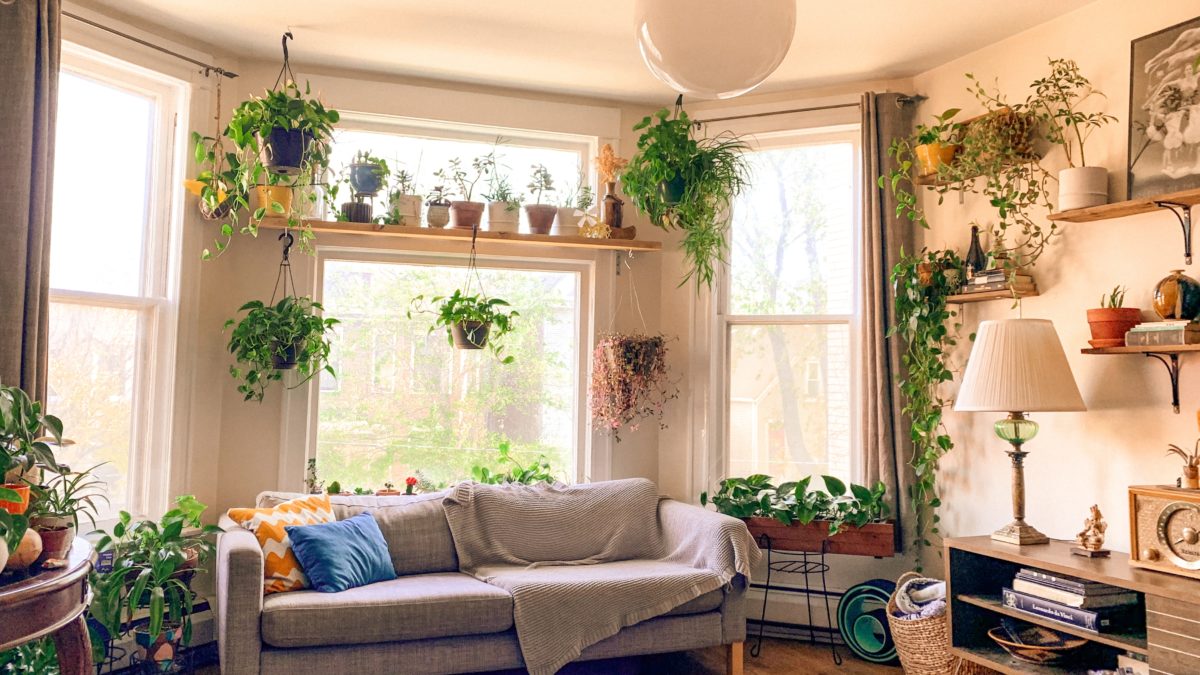
[…] to improve your health? Check out these indoor plants that can help! From reducing stress to improving air quality, these plants are perfect for anyone […]
[…] you suffer from allergies or asthma, having indoor plants can help to reduce your symptoms. Plants help to remove allergens and irritants from the air, […]
[…] are a few things to consider when purchasing indoor plants, such as the type of plant, the size, and the amount of light and water it needs. Here are some of […]